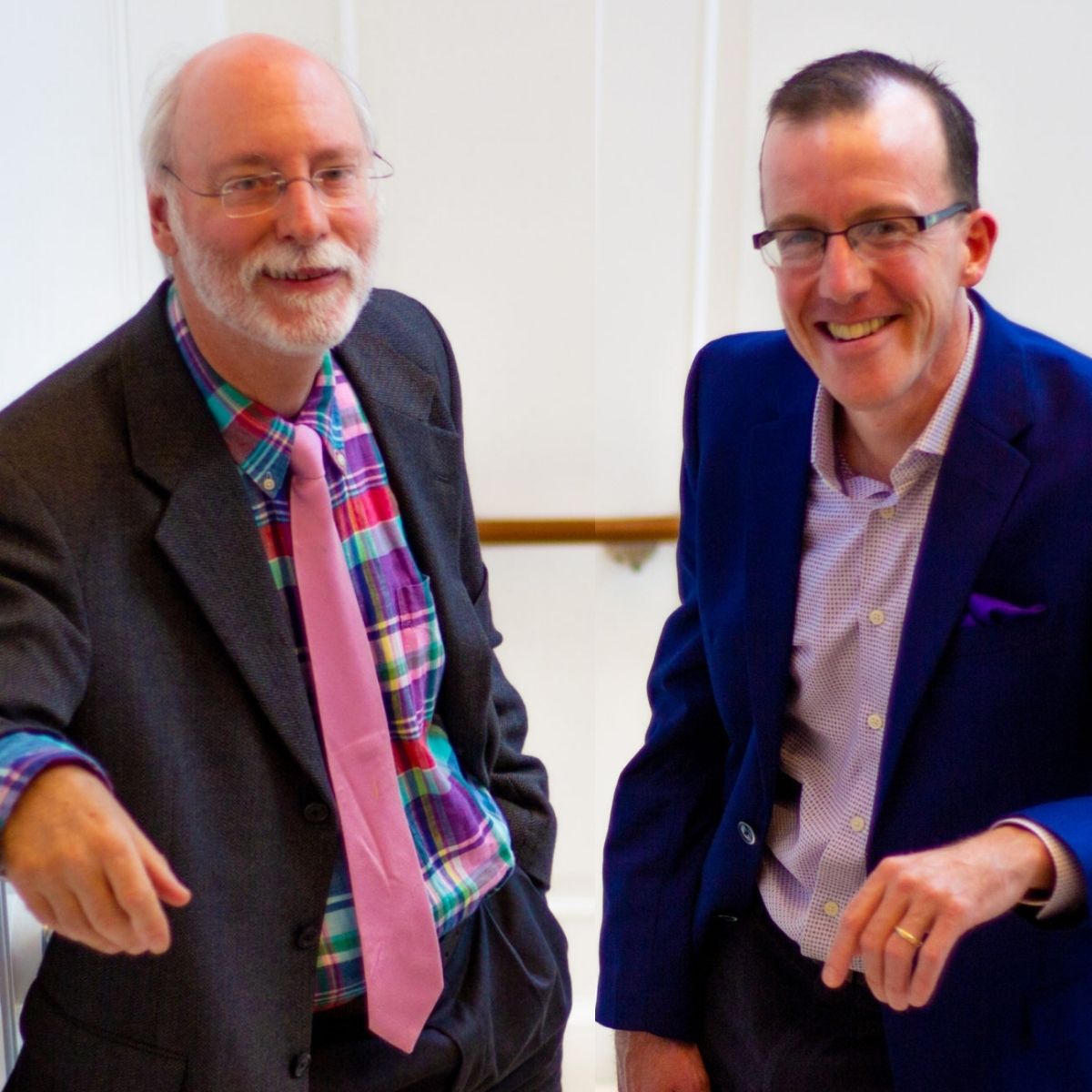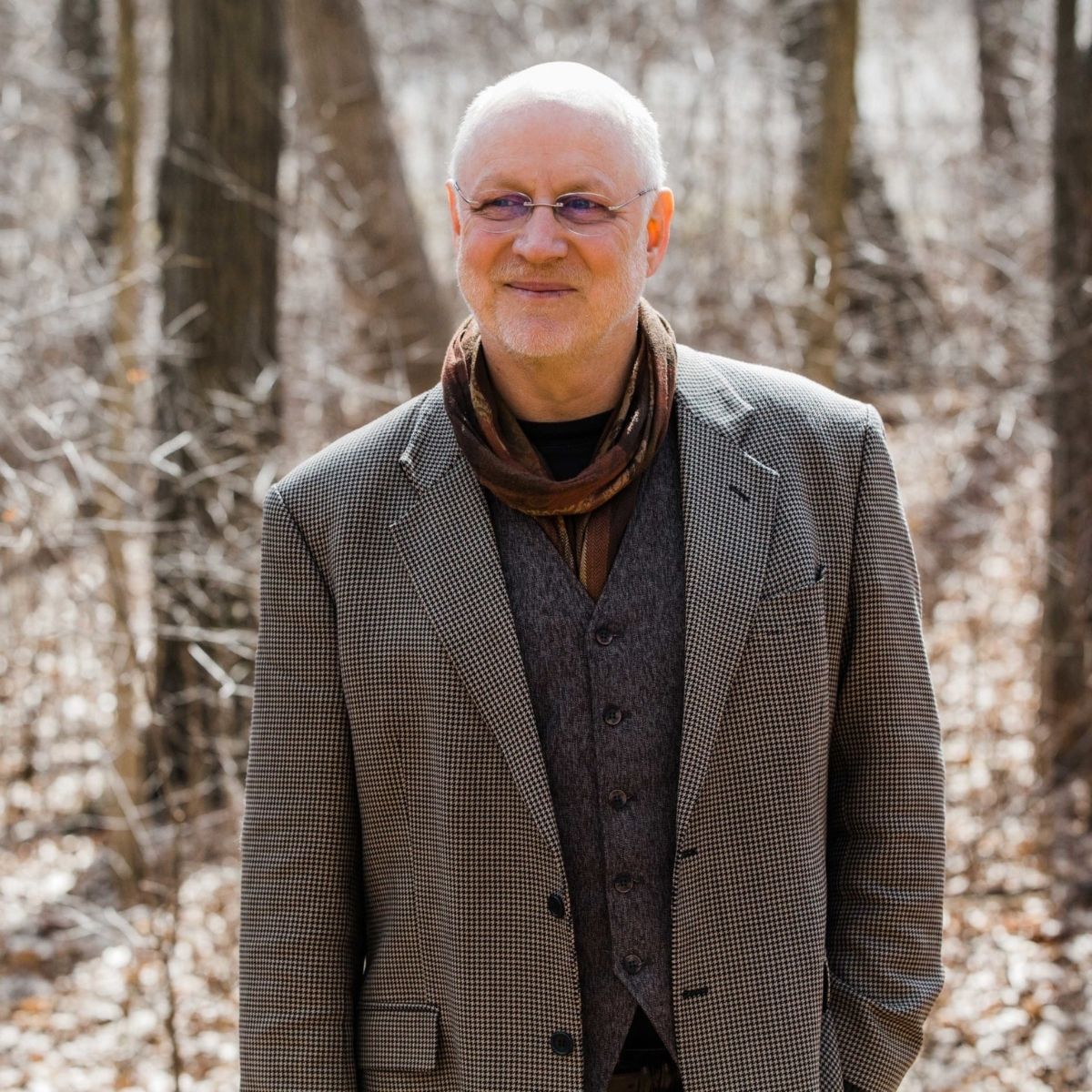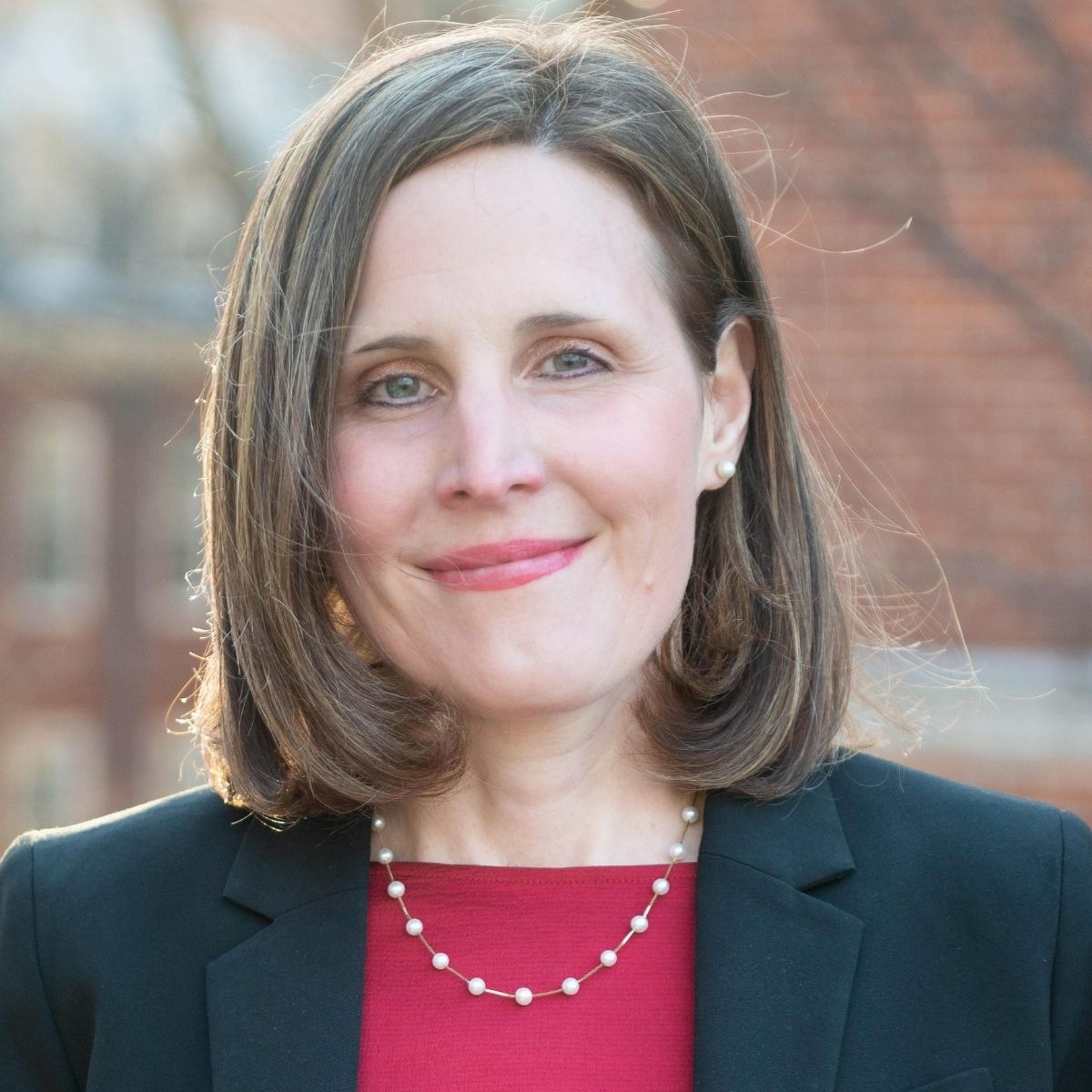
Natural homeschooling, or unschooling, is a lifestyle of playful personal growth with trust, freedom, and support.
The natural part means that we are working with the nature of our children, honoring the way the human brain has evolved to learn alongside their inherent way of being, while in connection with the natural world around us.
The homeschooling part means that we are opting out of the school system and taking ownership of our family’s learning journey. It is an educational approach, but the key part of this definition for me is in the word lifestyle.
Natural homeschooling is not something you do to a child, it is a way of being with a child—of living and learning (and thriving) together.
“Sounds wonderful . . . in theory, but I’ve got questions.”
Then you’ve come to the right place, because after living this natural homeschooling lifestyle for over a decade with 3 kids and supporting thousands of families along the way, I’ve got answers! Let’s demystify everything from homeschool curriculum to daily schedules.
What’s the difference between unschooling, self-directed learning, or natural learning and other homeschooling philosophies?
Essentially unschooling, self-directed learning, and natural learning all mean the same thing.
The primary tenet that distinguishes them from traditional schooling models, mainstream parenting approaches, and other homeschooling philosophies is the absence of coercion.
We enter into the role of ally or guide instead of manager or enforcer. Instead of telling our children what they must learn, we ask them what they are interested in learning.

Can we use curriculum and classes on the natural homeschooling path?
I have seen others on the internet define unschooling and natural homeschooling incorrectly as the lack of curriculum, but that is not true!
We do not impose arbitrary educational mandates through curriculum against our child’s will, but we can absolutely offer a curriculum as a tool that we believe might be advantageous to our specific child at a particular moment in time (that they are free to decline).
And our kids often choose to enroll in various classes that they find interesting or believe to be helpful. We look to our kids to identify their needs (not a government list or online chart) and offer resources. Think of it like extending invitations.
How do we start natural homeschooling?
The Sage Homeschooling book is the perfect place to start if you are interested in starting this natural homeschooling or unschooling journey as it is a quick and easy read that runs through everything you need to know to get going down this path.
On a practical level, the first step would be to investigate the legal requirements for homeschooling in your state or country. The HSLDA is a good resource for this but the best insider information comes from the veterans already homeschooling in your area.
I recommend joining a local homeschooling or unschooling Facebook group (simply search your city’s name + unschoolers or homeschoolers) and they can spell it out for you in plain English (or whatever language your area uses).
On a deeper level, the first step is deschooling (podcast episode here to help you out), which means to unpack all the educational baggage you have inherited from your own upbringing and the culture around you.
You have to clear away all the educational clutter, bravely question everything, let your kids be, and just observe with nonjudgmental curiosity.
How do kids actually learn? How does this specific child of mine thrive?
Am I qualified to homeschool my child?
Were you qualified to parent and teach your child when they were 2? 3? 4? Nothing mystical changes when your child turns 5 that suddenly changes the way they learn or disqualifies you from being their guide. You are enough.
That said, legal requirements do vary in every state and country so you may have to jump through a hoop to get the i’s dotted and t’s crossed—don’t let that intimidate you. In most places, simply being your child’s legal guardian qualifies you.
How many hours a day does it take to homeschool naturally?
This is a lifestyle, so this question doesn’t really make sense to us unschoolers or natural homeschoolers. We’re always living and learning! Homeschooling isn’t something that happens between the hours of 8 and 2 at the kitchen table.
It’s happening when we’re hiking through the forest, playing a game, cooking dinner, or reading aloud at bedtime. It is a state of mind that is always primed for wonder.
In other words, you don’t need to set aside time in your day to “homeschool.” Instead, build your life around rich experiences, meaningful connections, and fulfilling days.

What is a typical natural homeschooling schedule?
It varies widely from family-to-family depending on how their minds, bodies, and souls thrive.
Close your eyes and imagine your ideal dream day. List out your family values. Collaborate with each family member around their needs and interests. Then build your rhythm based on those things.
We use the Bucket System to provide the soft structure for our days and hold space for our priorities and it can help you too.
Can kids learn reading and math naturally?
Yes! Kids learn reading and math the same way they learned to talk and walk.
I have sections on both reading and math in the Sage Homeschooling book and episodes dedicated to reading and math in the Sage Family Podcast that can walk you through all the juicy evidence-based details (and provide a picture of how it plays out for my family).
What materials do we need for natural homeschooling?
Less. I help families set up ideal home environments for natural learning to blossom in Sage Homeschool Coaching and a huge part of that work is simplifying the space.
Instead of a focus on acquiring every material that your child might ever have cause to use, focus on holding the open space for them to get to know what materials are helpful in this season and then feature and rotate those materials.
For example, if my child is passionate about art, I might have oil pastels set up on the table for a month, then trade those with a friend for water colors that I set up on the deck with an easel, then donate those and lay out sidewalk chalk, a bucket of water, and brushes on the driveway.
And with each invitation, I release any attachment I might have for how they choose to interact with the materials—that’s the beauty of the word invitation.
That said, there is a materials list in the Sage Homeschooling book chapter on environment with some of the materials that have been favorites for my unschooling family.

Are natural homeschoolers equipped to be successful in life?
The short answer is yes. We actually have a good amount of data to help us answer this question with studies showing everything from all 6 years of elementary math being easily learned by 9-12-year-olds in 20 hours when they wanted to learn it to valedictorians being remarkably unsuccessful in the work place because the qualities that are selected for in schools are not the qualities that create success in the real world or in the job market to millionaires not particularly excelling in classrooms or on tests.
Let’s cut right to the chase: unschoolers can go to college and the data shows that they tend to be at least as successful though often more successful there than their traditionally schooled peers.
The long answer is: How do you define success? And that is one of my favorite aspects of natural homeschooling—that my children are right now, today and every day, engaged in aligning their energy, time, and resources with their intentions, goals, and values.
They are learning how to create a fulfilling and meaningful life by living one.
How do natural homeschoolers or unschoolers handle technology?
Nature and technology are not mutually exclusive.
Technology puts the entire world’s repository of knowledge at your child’s fingertips, which removes all of the gatekeeping that was at one time relevant with schools being a primary source for information. It can be a tremendous tool on the homeschooling journey.
But just like we’ve experienced as adults, we are best served when we bring intention to our relationships with technology and we can help support that with our children through collaborative partnership.
I touch on what this can look like in almost every homeschooling and parenting episode of the Sage Family Podcast but the Screens episode is a good place to start.

Is natural homeschooling possible with a neurodivergent child (ASD, ADHD, Dyslexia, etc.)?
Not only is it possible, but ideal! On the natural homeschooling or unschooling path you can shift the entire context around your child to support their challenges and nurture their strengths.
This point is well illustrated by an Einstein quote: “Everybody is a genius. But if you judge a fish by its ability to climb a tree, it will live its whole life believing that it is stupid.” Neurodivergent kids are fish. School is a tree.
As a family with ample neurodivergence, everything I write about in the Sage Homeschooling book and speak about on the Sage Family Podcast is through that lens, though I do have a specific section in the Sage Homeschooling book and a special episode of the podcast on this topic.
If you want to chew on a quick example, I have an article here on supporting a child with dyslexia as they learn to read.
Natural homeschooling is a wonderful approach to living and learning together that, with a little creativity, can be tailored to your family’s unique needs.
Bottom line: you can do this (and it’s easier than you might think).
Start by reading the Sage Homeschooling book, which will fully answer every question you might have while painting a picture of what natural homeschooling looks like in a real family. Then take the Bucket System class to bring everything to life in your home.
Not only can you do this, it’s gonna be great (and I’ll be here cheering you on).
Want to learn more about natural homeschooling?
Opt in below to get 30 hacks over 30 days that will provide a daily challenge to unlock some easy fun for your family that is pandemic approved.



Could you share links to the studies showing children learning everything from elementary math in 20 hours. I’d love to personally read them.
I believe they are cited in Peter Gray’s book Free to Learn and they came out of the Sudbury Valley school.
Perfect. Thanks!
But you can’t be sure if it was the homeschooling that made them so successful. Perhaps they are just naturally successful at what they do and just simply having parents actively involved in their education is what makes the biggest difference.
I went to a private Catholic high school. Looking back now, I see that private Catholic school is for kids who are jerks and don’t get along in public school. These kids told me I don’t belong in that area. School counselors told me I couldn’t be a mechanical engineer because being a mechanical engineer would be like jumping a hurdle as high as the ceiling. I had Mono at 14. It gave me post viral syndrome like so many people have these days. I struggled to learn anything in high school, so the counselor wasn’t totally off base with her assessment of me. But I did graduate with my Bachelor of Science degree from a very difficulr university.
My middle child got into a mess in public school. Depressed and in and out of 3 mental hospitals since 12. She was court ordered to drug treatment at 16. She tested at 12.9 grade level in math and English and graduated from high school whike doing drug rehab. I wish I homeschooled her from the start. My youngest is homeschooled now. He, like his older siblings, has a mach 10 brain. I will not cause another one of my kids to be depressed and seeking drugs while AT school. He is doing great. We are all happy.